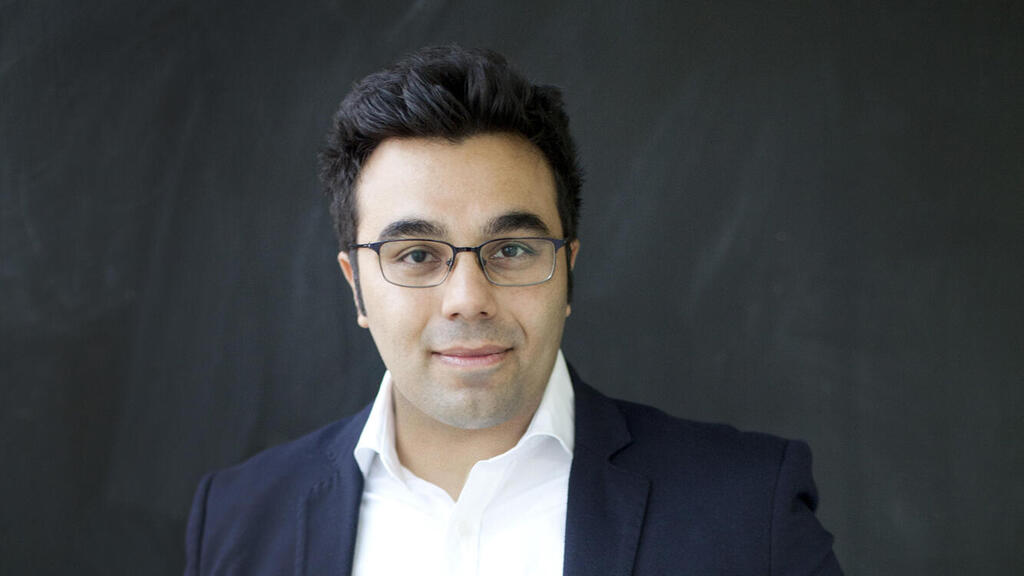
Opinion
Joonko fraud: 5 warning signs for entrepreneurs and investors
Although one rotten apple is unlikely to ruin the entire bowl, the exposure of fraud at startup Joonko in recent days raises suspicions about the prevalence of invalid norms throughout the entire Israeli high-tech industry. Here are five valuable lessons that can be learned from this incident
The crisis in the high-tech sector and the global economy has gradually revealed which companies were built properly, and which rode the wave and benefited from the tide without a solid foundation. The layoffs and crisis in Israel's high-tech sector are bringing to light decision-making errors and are forcing entrepreneurs and investors to take stock of the situation.
The Joonko fraud, which is currently stirring up the Israeli ecosystem, serves as a wake-up call for soul-searching and a disillusionment from the years of the tech bubble. However, in my humble opinion, this fraud is not a reflection of Israeli high-tech. While it is possible that more fraudulent cases may come to light in the industry, the majority of Israeli entrepreneurs are pioneers in their respective fields. They know how to transform ideas into products, thanks to their initiative, amazing abilities, and dedicated, unwavering and responsible work ethic.
Nevertheless, as the initial signs of recovery from the crisis and the beginning of a bull market on Wall Street emerge, which will subsequently extend to the private sector as well, it is important to examine the lessons that the entire industry - entrepreneurs and investors alike - can learn for future rounds.
Due diligence should not be overlooked, even at high tide - these words are written with caution, as not all the details are known yet, and the level of sophistication involved in the fraud was high. Nonetheless, it must be assumed that some of the data presented to investors may not have undergone a "normal" due diligence process. Otherwise, red flags would have been discovered within a shorter time period post-investment. The bubble period of 2021 created a market where investors were afraid of missing out on the next big deal and seemingly opted for shortcuts. Term-sheets that were signed within 24-48 hours were not considered an unusual occurrence during those times (though not a widespread practice either, it is important to emphasize).
Discussing the current fraud alone is not sufficient to understand that the bubble period was characterized by many market failures. Quite a few startups are currently facing significant challenges - some stemming from the global economic situation, while others could have positioned themselves better amidst the crisis through proportional growth and a healthy business model. Thorough inspections should be conducted regardless of market conditions, be it high or low tide periods. The price paid by those investors involved in questionable deals is much larger than the fear of missing out on a successful deal.
The truth will eventually be revealed - many entrepreneurs are not limited to a single startup. Even the Joonko fraud, which is considered particularly sophisticated thanks to several factors, eventually came to light. The market remembers entrepreneurs who, at best, failed to accurately depict reality and, at worst, engaged in deception. As a former entrepreneur, I am well aware that it is not always possible to be 100% precise, and the temptation to release data that enhances value is tremendous. However, honesty and reputation are the most important assets for the success of entrepreneurs in future rounds.
Sunlight is the best disinfectant - unlike the public market, startups operating in the private sector can present different interpretations of similar data, or even "play" with the data to some extent. Since a portion of the funding received by startups originates from the institutional-public market, it would be beneficial for the industry to adopt certain standards from the public market, introducing more transparency. Much like the profitability indicators that have gained significance in the post-Covid era, entrepreneurs who provide transparent data and grant investors extensive access to information will gain greater trust from them.
Beware of ARR - one of the indicators most prone to disasters and favored by entrepreneurs is the ARR (Annual Recurring Revenue). This is where the creativity of entrepreneurs and financiers shines, as they can report a high ARR that may not align with reality yet, but is not considered cheating because it falls within the realm of acceptable interpretation within the industry. In fact, today, every company calculates its own ARR in the absence of a uniform standard. This creates fertile ground for irregularities, which requires thorough scrutiny on one hand and a drive for establishing a standardized definition of the index on the other hand.
Invest with impartiality - within Israel's tight-knit ecosystem, everyone knows each other: one entrepreneur may have served in the elite 8200 army unit alongside his investor; other entrepreneurs may have studied together at university; still others may have gained experience in renowned companies; and others may have already experienced successful exits, among many more connections. In the Israeli high-tech sector, there are many brands and buzzwords that act as shortcuts for entrepreneurs. However, investors must thoroughly examine each investment on its own merits without cutting corners, even when it comes to companies that are seemingly led by the "right" entrepreneurs.
Moran Chamsi is a managing partner in the secondary fund Amplefields Investments















